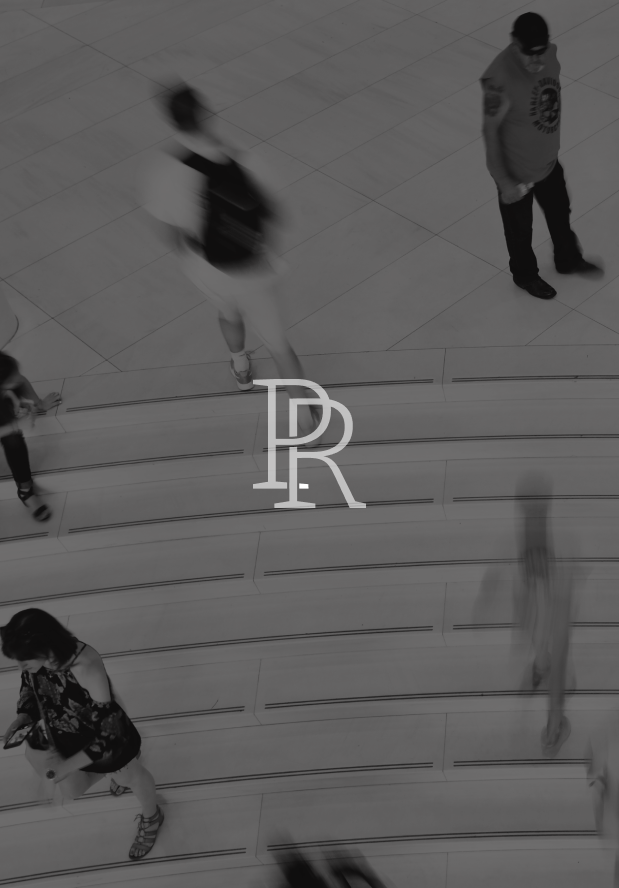There are so many ailments and conditions out there, that some are rarely heard of by regular individuals. This is often the case with aphasia, a condition that affects roughly one million individuals in the United States. Aphasia is a disorder that may affect the victim’s ability to communicate, making it difficult to speak, read, listen, and write. It is often the result of damage to the right side of the brain, and while it does not affect the intelligence of the individual, it can cause swallowing problems and issues such as dysarthria and apraxia.
An individual who has had a stroke, brain tumor, progressive neurological disorders, or a traumatic brain injury may be more susceptible to develop aphasia.
Types of aphasia include the following:
- Wernicke’s Aphasia (serious comprehension difficulties)
- Broca’s Aphasia (injury to the left frontal area of the brain)
- Global Aphasia (stroke affects front and back of the left hemisphere of the brain)
Signs to Watch Out For
There are numerous symptoms that can show a person as aphasia, but it is important to understand that they may vary depending on the spot of the injury, as well as the severity of the brain damage. If the damage to the brain is in the posterior region, the individual may have understandable speech functions, but there may be a few made-up words. They may have difficulty understanding the speech of others.
Symptoms of aphasia may include, but are not limited to:
- Difficulty producing words
- Word substitution
- Jumbled words
- Difficulty forming sentences
- Misunderstanding of others’ speech
- Taking jokes or figurative speech literal
- Difficulty reading
- Difficulty with numbers
In order to successfully diagnose aphasia, you may have to go to a speech-language pathologist (SLP). This professional will use various tools to evaluate the individual’s speech in a number of assessments such as reading and writing, verbal expression, functional communication, and auditory comprehension. This will help to determine the severity of the injury and type of aphasia. This evaluation can help build a case if your aphasia was due to an injury caused by negligence.
Treatment Options
If an individual is diagnosed with aphasia, there are numerous treatment options. The best treatment would depend on the goals of the individual and what they need. There are activities that can be used in an individual or group session and may help to improve the language skills affected by the damage to the brain. The SLP would work to improve all communication issues and may work with vocational experts to help patients return to school or work.
If someone you love has been injured and developed aphasia, follow these tips to better communicate with them:
- Make eye contact and maintain it
- Avoid background noise
- Speak at a normal level and speak clearly
- Speak slowly and concise
- Use questions with yes or no answers
- Give them time to speak
- Engage in normal activities
At Power Rogers, our team of Chicago personal injury attorneys work hard to protect the rights of our clients. If your loved one suffered an injury due to negligence and developed aphasia, contact our firm. We aim to help you and your loved hold the negligent party accountable for their actions. Schedule your free case evaluation today. Whether the aphasia was caused by an accident or a medical malpractice accident, we can help you seek compensation.


